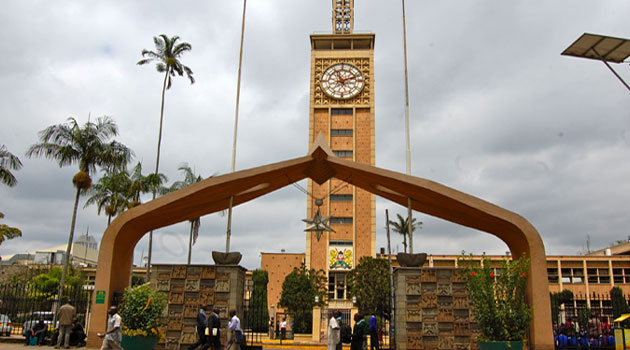
MPs up in arms over halting of medical cover for public secondary schools » Capital News
NAIROBI, Kenya, Mar 13 — A National Assembly Committee has put to task the Ministry of Education on the status of the EduAfya programme, school feeding program, and low-cost boarding schools.
Members of the Education Committee chaired by Malulu Ijendi (Malava) raised concerns over the termination of the Edu Afya program which provided health insurance to public secondary school students.
In a meeting on Tuesday, Basic Education Principal Secretary Bellio Kipsang assured the Committee that all students would now benefit from a universal healthcare program implemented under the Social Health Insurance Act, 2023.
Kitutu Masaba MP, Clive Gisairo, raised concerns about students who were receiving treatment abroad under Edu Afya. The Ministry responded that they advised parents to seek alternative cover and facilitated the return of students who wished to come back to Kenya.
The EduAfya programme has been in place since 2018. It offered comprehensive medical insurance coverage for students in public secondary schools registered with the National Educational Management Information System (NEMIS).
A 2019 report on the medical scheme showed that 606,893 out of 2.7 million learners had sought medical attention under the cover.
The decision now leaves parents and educators in a tight spot over the potential impact on students’ well-being.
State-funded school meals
Legislators also received updates on the School Meals Programme (SMP) whose budgetary allocation has steadily increased, reaching Sh4.9 billion in the 2023/2024 financial year.
“The government has pledged to further increase funding to reach 4 million learners by June 2024, with an ultimate goal of reaching 10 million by 2030,” said Dr. Bellio Kipsang.
On the Low-Cost Boarding Schools programme, Committee Members sought details on the status of the initiative.
MPs learned that low-cost boarding schools target students in marginalized areas and those facing cultural challenges like FGM and early marriage.
However, the program is limited by a stagnant budget of 400 Million Shillings over the past five years.
Members of the Committee on Education called for increased funding to accommodate a growing number of students and expand the program to urban areas with vulnerable children.
